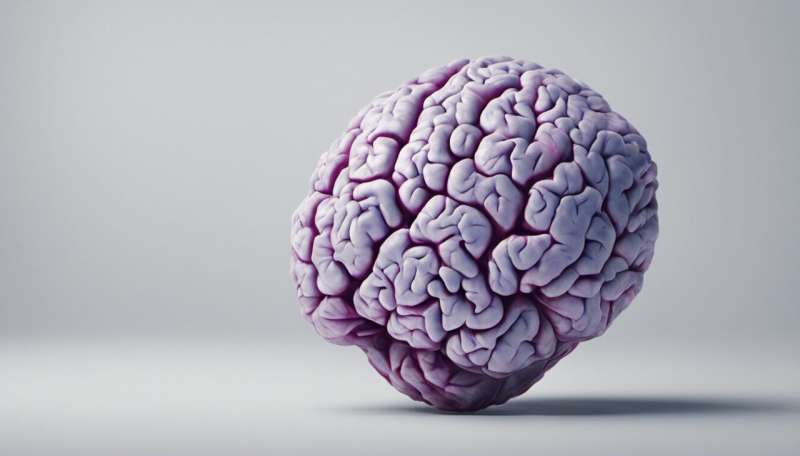Mini brains may wrinkle and fold just like ours

Flat brains growing on microscope slides may have revealed a new wrinkle in the story of how the brain folds.
Cells inside the brains contract, while cells on the outside grow and push outward, researchers at the Weizmann Institute of Science in Rehovot, Israel, discovered from working with the lab-grown brains, or organoids. This push and pull results in folds in the organoids similar to those found in full-size brains. Orly Reiner reported the results December 5 at the joint meeting of the American Society for Cell Biology and the European Molecular Biology Organization.
Reiner and her colleagues sandwiched human brain stem cells between a glass microscope slide and a porous membrane. The apparatus allowed the cells access to nutrients and oxygen while giving the researchers a peek at how the organoids grew. The cells formed layered sheets that closed up at the edges, making the organoids resemble pita bread, Reiner said. Wrinkles began to form in the outer layers of the organoids about six days after the mini brains started growing.
These brain organoids may help explain why people with lissencephaly—a rare brain malformation in which the ridges and folds are missing—have smooth brains. The researchers used the CRISPR/Cas9 gene-editing system to make a mutation in the LIS1 gene. People with lissencephaly often have mutations in that gene. Cells carrying the mutation didn't contract or move normally, the team found.
Reiner and her colleagues aren't the first to propose the push-pull idea for how brains fold. But the researchers were able to show the concept at work in their experimental system, says biophysicist Xavier Trepat of the Institute for Bioengineering of Catalonia in Barcelona, who was not involved in the study. "They really were able to reproduce the shape of what we all imagine the brain should look like," he says. "It's not a brain, but they see structures that look like it."

















